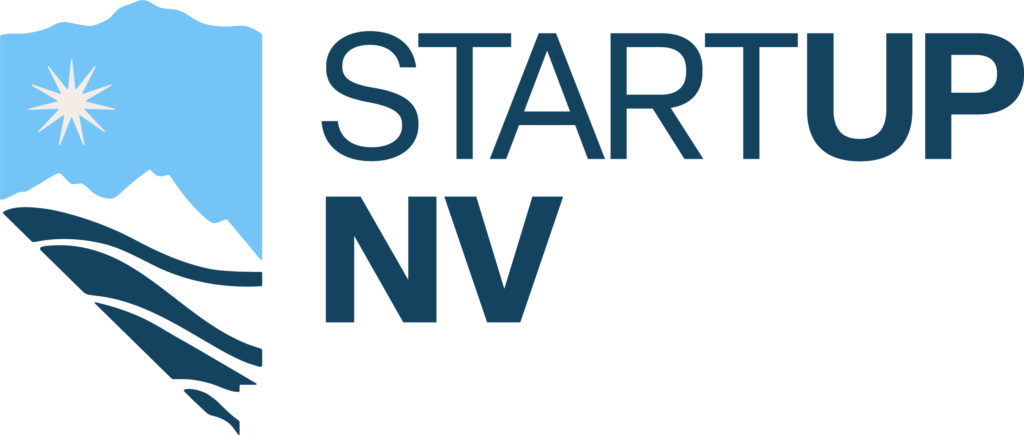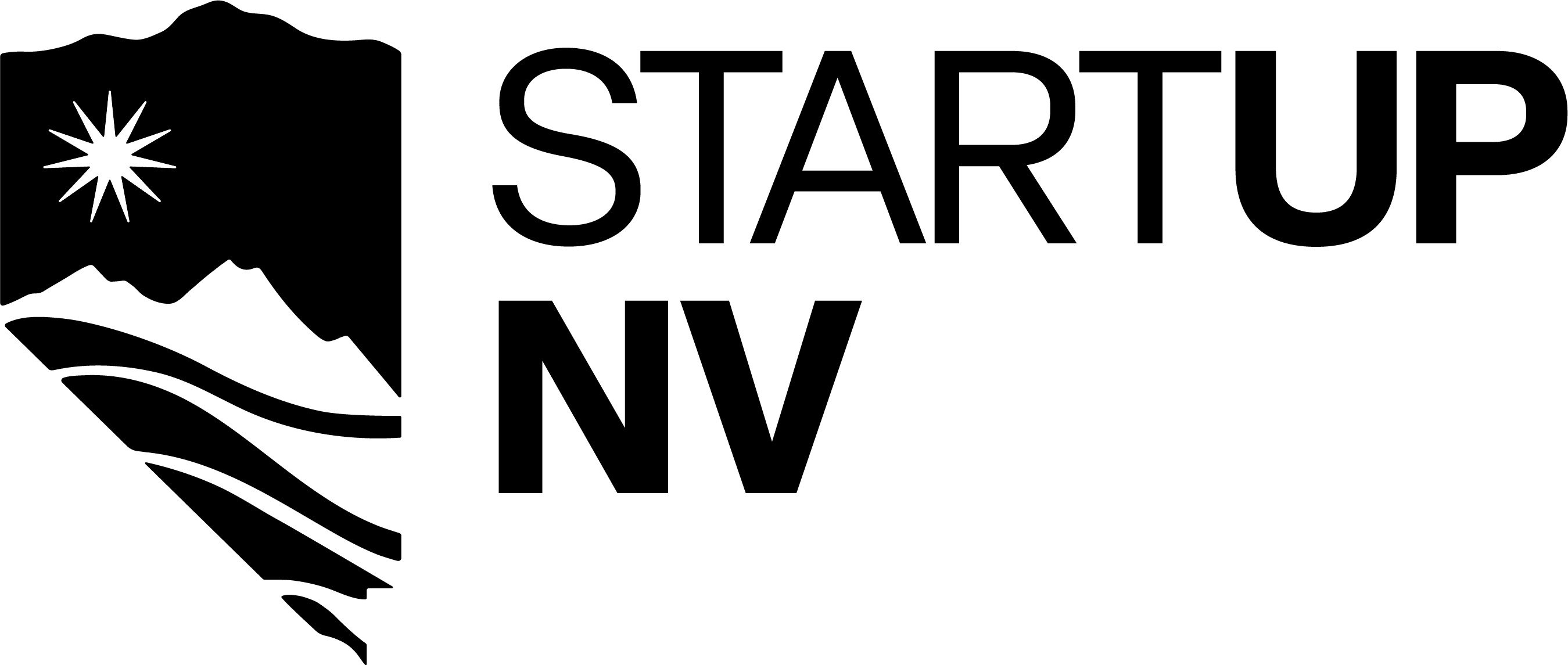How AI is Transforming Startups: Essential Tools & Strategies for Founders
How AI is Transforming Startups: Essential Tools & Strategies for Founders
There’s a lot of noise around artificial intelligence right now. For founders, it’s tempting to think of AI as something only big tech companies can afford or leverage. The reality is different. AI has become more accessible than ever, and startups are positioned to benefit the most. Why? Because startups move faster, experiment more, and aren’t locked into legacy systems that slow down adoption.
AI isn’t a buzzword anymore. It’s a toolset that can directly influence how you build, operate, and scale your company. The best founders are already experimenting with AI in their workflows. Let’s talk about the essential tools, strategies, and mindsets you should be thinking about if you’re serious about growing your startup in 2025.
AI for Productivity and Operations
If you’re still manually handling routine tasks like scheduling, data entry, or customer support triage, you’re wasting time that could be spent on higher-value activities. AI tools like Notion AI, Microsoft Copilot, or even ChatGPT can streamline daily operations. Think of them as assistants that don’t get tired and don’t make excuses.
Automating repetitive work is the lowest-hanging fruit. Use AI to draft emails, summarize meeting notes, generate content outlines, or even create initial versions of pitch decks. Will you still need to edit? Absolutely. But instead of starting from zero, you’re editing from 70%. That’s a huge time and energy saver for early teams.
AI in Customer Discovery and Market Research
One of the hardest parts of building a startup is figuring out what your customers actually want. AI can accelerate that process. Tools like Perplexity or market research bots can sift through vast amounts of data to help you quickly validate assumptions. Instead of spending weeks combing through reports, you can get a snapshot of customer sentiment, competitor strategies, and market gaps in hours. You still have to do the work of garnering the data. Remember to keep your questions neutral and open-ended.
Founders should also experiment with AI-driven survey tools that don’t just collect responses but analyze and segment them. The result? Faster iterations and better alignment with what the market is telling you.
AI in Product Development
For tech startups, AI can play an even bigger role. Low-code and no-code platforms are now incorporating AI to help you build prototypes and MVPs quickly. Developers are already using AI pair-programmers like GitHub Copilot to accelerate code production and reduce bugs. Even if you’re not technical, AI tools can help translate product ideas into wireframes or clickable mockups in minutes.
This matters because speed is survival in the startup world. The faster you can test, the faster you learn, and the faster you adapt.
AI in Marketing and Sales
Marketing has always been about understanding your audience and speaking to them in the right way at the right time. AI supercharges that. Predictive analytics can help you identify which prospects are most likely to convert. AI-generated content can help you keep up with the constant demand for social posts, blog updates, and newsletters. Hubspot has recently added generative AI to their CRM, and it’s quite powerful.
Of course, the danger is leaning too heavily on automation and losing authenticity. Founders should use AI as a way to scale messaging, not replace their voice. A founder-led LinkedIn post with genuine insights still outperforms a generic AI-written piece every time. The strategy is balance: let AI handle the volume so you can focus on the quality touchpoints that really matter.
The Founder’s Mindset Toward AI
Tools are only as good as the people using them. The founders who will thrive in the AI era are not the ones who chase every shiny app. They’re the ones who think strategically about where AI fits into their workflow, product, and culture.
Ask yourself:
- Which areas of my business could benefit most from automation?
- Where can AI give me insights I don’t currently have?
- How do I integrate AI without losing the human element that makes my brand unique?
The most important strategy is curiosity. Try new tools, test them in your workflow, and keep what sticks. You don’t have to overhaul your company overnight. Start small, learn fast, and expand from there.
How AI is Transforming Startups: Essential Tools & Strategies for Founders Read More »




